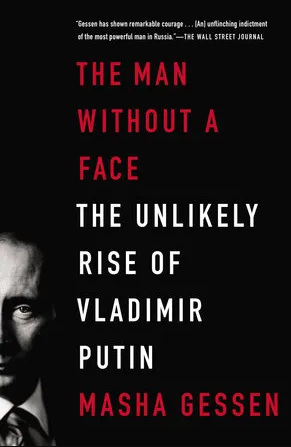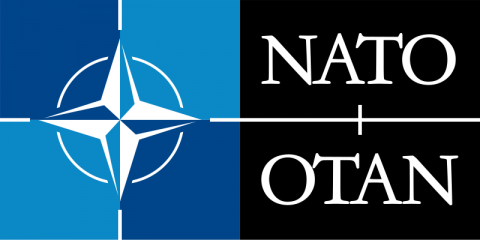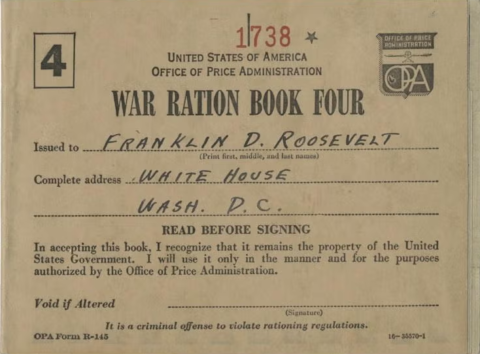Scott Alexander reviews The Man Without A Face: The Unlikely Rise of Vladimir Putin by Masha Gessen:
Vladimir Putin appeared on Earth fully-formed at the age of nine.
At least this is the opinion of Natalia Gevorkyan, his first authorized biographer. There were plenty of witnesses and records to every post-nine-year-old stage of Putin’s life. Before that, nothing. Gevorkyan thinks he might have been adopted. Putin’s official mother, Maria Putina, was 42 and sickly when he was born. In 1999, a Georgian peasant woman, Vera Putina, claimed to be his real mother, who had given him up for adoption when he was ten. Journalists dutifully investigated and found that a “Vladimir Putin” had been registered at her village’s school, and that a local teacher remembered him as a bright pupil who loved Russian folk tales. What happened to him? Unclear; Artyom Borovik, the investigative journalist pursuing the story, died in a plane crash just before he could publish. Another investigative journalist, Antonio Russo, took up the story, but “his body was found on the edge of a country road … bruised and showed signs of torture, with techniques related to special military services”.
Still, I’m inclined to doubt the adoption theory. Vladimir Putin’s official father, a WWII veteran and factory worker, was also named Vladimir Putin. The adoption story requires that a child named Vladimir Putin was coincidentally adopted by a man also named Vladimir Putin. Far easier to believe that an old Georgian woman had a son who died or was adopted out. Then, when a man with the same name became President of Russia, she assuaged her broken heart by pretending it was the same guy. Records of Putin’s early life are surprisingly sparse. But there are a few photos (admittedly fakeable), and people who aren’t face-blind tell me that Putin looks very much like his official mother.
As for the investigative journalist deaths, it would be more surprising for a Russian investigative journalist of the early 2000s not to die horribly. Both were researching other things about Putin besides his childhood. and had made themselves plenty of enemies. Russo was in Chechnya at the time, another known risk factor for horrible death. I wouldn’t over-update on this.
Still, I found the adoption controversy interesting as a metaphor for everything about Putin. Vladimir Putin really did seem to appear on Earth – or at least in the corridors of power in Russia – fully formed. At each step in his career, he was promoted for no particular reason, or because he seemed so devoid of personality that nobody could imagine him causing trouble. This culminated in his 2000 appointment as Yeltsin’s successor when “The world’s largest landmass, a land of oil, gas, and nuclear arms, had a new leader, and its business and political elites had no idea who he was.”
My source for this quote is The Man Without A Face: The Unlikely Rise Of Vladimir Putin by Masha Gessen, a rare surviving Russian investigative journalist. As always in Dictator Book Club, we’ll go through the story first, then discuss if there are any implications for other countries trying to avoid dictatorship.














